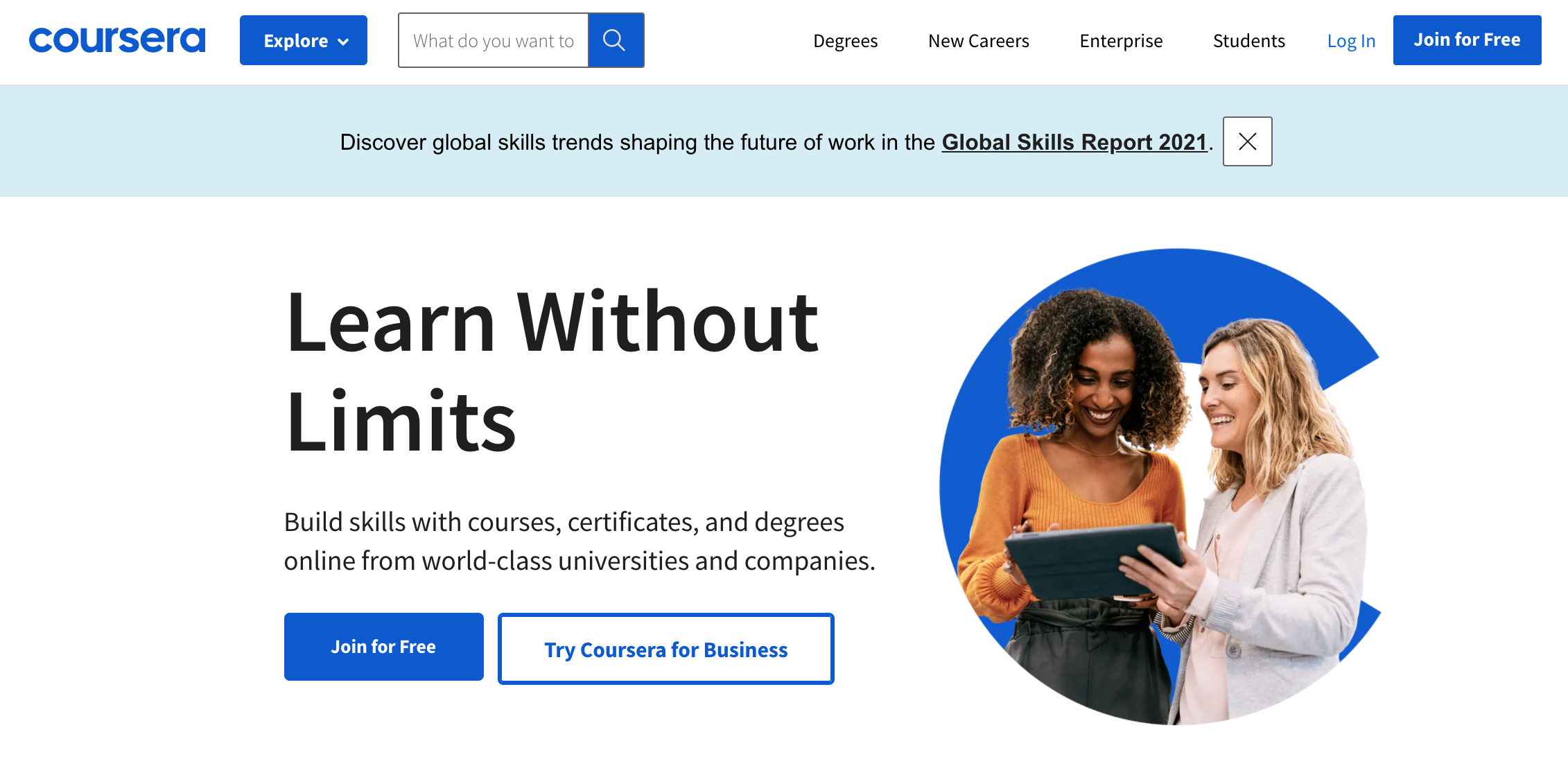
BENEFITS TO LEARNING OUTSIDE THE CLASSROOM
Dec 06, 2021What is the most important piece of advice that students should follow?
 Should they take as many AP or CCP classes possible? Play three sports? Or perhaps specialize in just one sport? Take a foreign language? Or maybe take a specific foreign language like Latin? While all of those pieces of advice could be helpful in the right context, the most important piece of advice that students should follow is to learn outside of the classroom.
Should they take as many AP or CCP classes possible? Play three sports? Or perhaps specialize in just one sport? Take a foreign language? Or maybe take a specific foreign language like Latin? While all of those pieces of advice could be helpful in the right context, the most important piece of advice that students should follow is to learn outside of the classroom.
Learning outside of the classroom offers many benefits for students, from the concrete benefits that can be added to a resume or college application, to the more esoteric benefits of becoming a more learned or well-read individual.
Starting with the former, many colleges, especially more selective schools, are looking to admit students that have a demonstrated thirst for knowledge. It is frequently forgotten that students are not only competing amongst their peers at their own high school or in their conference, but with students from around the world. Schools receive thousands of applicants that check the “four point whatever” GPA box and the “thirty something” ACT box that might qualify a student to apply. While these are definitely important factors (you need to get your foot in the door too!), schools are looking the “it factor”, and that is where learning outside the classroom comes in.
Next, students are expected to enter college knowing what they would like to do for the rest of their lives. However, up to this point they have been told exactly what they will learn via mandatory courses and a strict curriculum for even their elective classes, and they have had very little experience with intellectual exploration or making decisions about their education. Because of this, many students go off to college not truly knowing what they are passionate about. Learning outside of the classroom is the best way to identify this passion.
Finally, the esoteric, liberal arts-esque reason of learning outside of the classroom is to recapture that enthusiasm for learning that was most likely lost somewhere between 3rd grade and high school. Learning about something that you are purely interested in or enthusiastic about feels different than learning information you are required to learn— and being able to recognize that difference is an important way to make lifelong learners and critical thinkers.
You might be thinking, “this sounds great, but how is this actionable?”
There are many ways to make this happen!
- Students can listen to podcasts while working out or on their way to school (below I have listed a few good ones).
- They can read or listen to books on a certain topic. Check with your local library to see what resources they have for digital media— you might be able to check out ebooks and audiobooks from the comfort of your own home through Libby or OverDrive.
- They can watch documentaries.
- They can take 100% free courses on Coursera or Youtube, or paid classes through Wondrium (formerly The Great Courses Plus).

We live in the digital age with access to limitless information at our fingertips and we should make it work for our students rather than against them.
You might also be asking, “what should they learn?”
The answer is anything that they are interested in! Digital photography, sports analytics and next gen stats, paranormal investigating, coding, European history during the renaissance, how to paint with acrylics, building computers, philosophy, dog training, string theory, cooking or baking, sustainability and renewable energy...
It is possible, perhaps even probable, that a student will begin learning about a topic that they believe they are interested in, and then shortly after their initial dive into that topic realize that they have little motivation to continue learning about it anymore. This is actually a part of the process and a good thing! The goal is for the student to find something that they have a sustained interest in and learn in-depth about that topic.
Recommended Resources
Free Courses on Coursera
Machine Learning - Stanford University
Introduction to Psychology - Yale University
Global Diplomacy - Diplomacy in the Modern World - University of London
Behavioral Finance - Duke University
Podcasts
Philosophize This - Stephen West
Lex Fridman Podcast - Lex Fridman
Acquired - David Rosenthal & Ben Gilbert
The Knowledge Project - Shane Parrish
Brain Science - Dr. Ginger Campbell
Books
A Short History of Nearly Everything - Bill Bryson
The Emperor of All Maladies - Siddhartha Mukherjee

